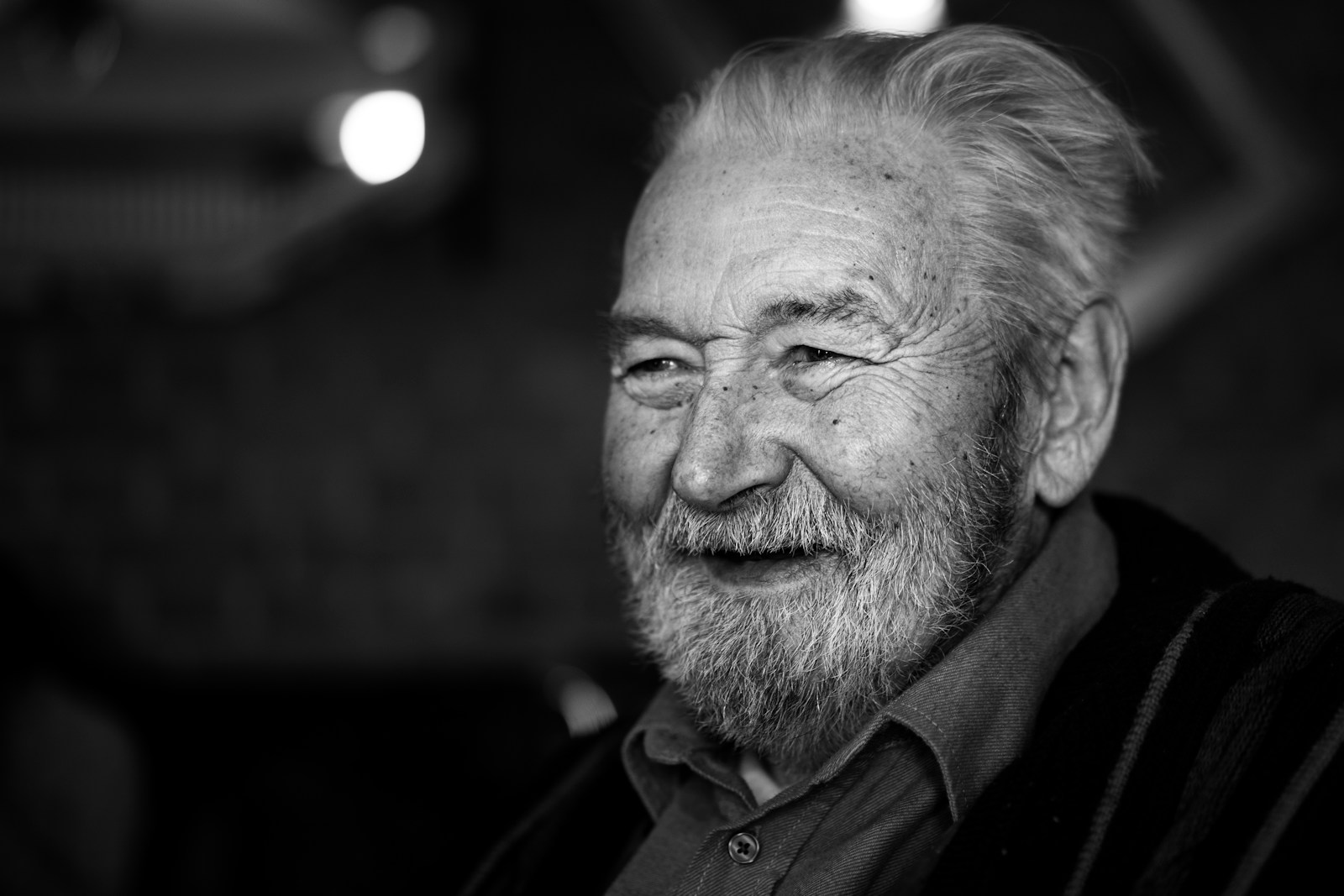
bisabuelo

grandfather
The Spanish word 'bisabuelo' translates to 'great-grandfather' in English. This term is used to refer to the grandfather of one's parent. Just like 'grandfather', this word signifies a family relationship that is two generations above yours. It is important to note though that 'bisabuelo' specifically denotes your grandparent's parent, which corresponds to the English term 'great-grandfather'.
Example sentences using: bisabuelo
El abuelo es viejo.

The grandfather is old.
In this sentence, we are using 'El abuelo' which means 'The grandfather' to describe someone as old.
El abuelo está leyendo un libro.

Grandfather is reading a book.
This phrase describes an action performed by the grandfather, 'El abuelo'. 'Está leyendo' is the present continuous form of the verb 'leer' which means 'to read'.
El abuelo cocina bien.

Grandfather cooks well.
In this sentence, 'cocina bien' means 'cooks well'. 'El abuelo' or 'the grandfather' is the subject of the sentence.
El abuelo está durmiendo.

The grandfather is sleeping.
'Está durmiendo' is the present continuous form of the verb 'dormir' means 'to sleep'. 'El abuelo' is the subject.
El abuelo está pescando.

The grandfather is fishing.
In this sentence, 'El abuelo está pescando' means 'The grandfather is fishing'. 'Está pescando' is present continuous form of the verb 'pescar' which means 'to fish'.
El abuelo tiene un perro.

The grandfather has a dog.
Here, 'tiene' is the verb 'to have' and 'un perro' means 'a dog'. The sentence overall shows that 'El abuelo' owns a dog.
El abuelo tiene gafas.

The grandfather has glasses.
This sentence describes that the grandfather, 'El abuelo', has glasses. 'Tiene' means 'has' in Spanish.
El abuelo es sabio.

The grandfather is wise.
This sentence is talking about 'El abuelo' being 'sabio' which translates to wise in English.
El abuelo vive en España.

The grandfather lives in Spain.
'Vive en' translates to 'lives in'. The sentence shares information that 'El abuelo' resides in Spain.
El abuelo es feliz.

The grandfather is happy.
In this example, 'El abuelo es feliz' translates to 'The grandfather is happy'. 'Es' is the verb 'to be' and 'feliz' means happy.